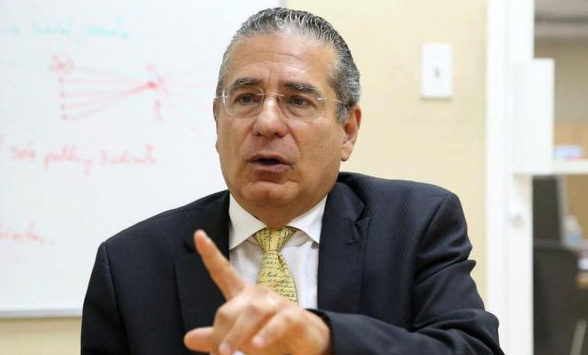The Kaduna state government created 72,000 jobs through its school feeding programme introduced in January, Shehu Adamu, commissioner for education, revealed on Monday.
Adamu told journalists in Kaduna that the programme would not only enhance the nutritional needs of pupils, but also empower the people and enhance their livelihood.
He said 18, 000 food vendors were employed across the state, who in turn hired about three additional hands each, amounting to 72,000 jobs created under the scheme.
Adamu said the school feeding programme has increased economic activities in the state, with over N311 million injected into the economy every week as payment to the vendors.
Advertisement
“What people see is the food being served to the pupils, but the programme goes beyond just feeding the child,” he said.
“Yes the child will stay healthy because the meal will increase his nutrition and enhance his immunity for healthy living.
“It improves parents saving margin as it takes away their burden of providing a meal to the child, improve enrolment and retention.”
Advertisement
He said the administration had put in measures to sustain the feeding programme for the remaining years of its tenure.
Adamu advised critics of the programme to focus on its positive values, rather than sentiment.
Nasiru el-Rufai, governor of the state, inaugurated the one-meal per day feeding programme in January for 1.8 million pupils in over 4,000 primary schools in the state.
Adamu added that the government will sanitise the operations of the private schools operating in the state, to ensure delivery of quality education to students.
Advertisement
“We have just concluded a survey of all private schools in the state and what we discovered is that quite a number of them are not operating within the minimum standard,” he said.
“Some of the schools are operating in areas where a school is not supposed to operate; some are operating in rented apartments and others in just a single room.
“This is not acceptable. We are going to take strict measures on all private schools operating below minimum standard.”
Adamu, who admitted that private schools were stakeholders in the education sector, said that should not be seen as excuse for not complying to set standard.
Advertisement
He threatened to shut down any school that failed to meet the government’s minimum standard.
Adamu said the ministry would assign its officials in schools to monitor WAEC and NECO examinations in order to curb examination malpractice.
Advertisement
“The monitoring would particularly be on schools suspected to be operating as miracle centres,” he said.
“Our findings revealed that some private schools may have only 20 students in SS III, but will end up registering over 300 students for WAEC or NECO.
Advertisement
“Such schools could be operating as miracle centres, where the students pay huge amount of money for answers to be written on the black boards for them to copy during examinations.
“We will keep an eye on them and ensure that all schools and students write WAEC and NECO examinations with strict compliance to laid down rules and regulations.
Advertisement
“I assure you that in the next one or two years, miracle centres will fold up in Kaduna state.”
Add a comment






